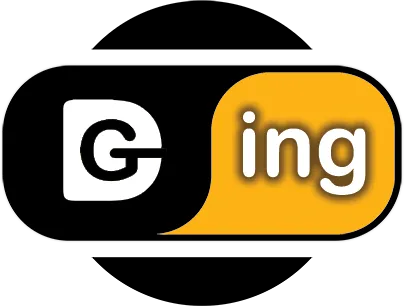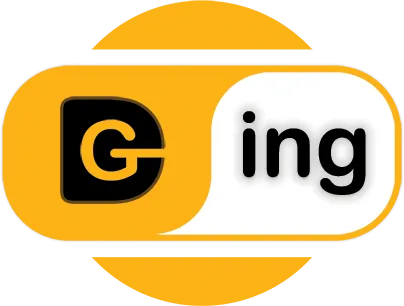The word idea are among the key words in the discussion of entrepreneurship and creating a new business . Interestingly, people who have different roles in entrepreneurial activities generally have completely different views on the concept of idea.
The best place to see this difference of opinion is in negotiations between idea owners and investors.
Idea owners sometimes do not even dare to tell the details of their idea and believe that the idea is all they have. On the other hand, investors mock them in official meetings or in their private gatherings or at least do not take them seriously and say that the idea is on the ground. It is messed up and the art is the implementation of an idea, and the implementation of an idea and the commercialization of an idea cannot be achieved except with the support of money and capital.
Those who consider themselves the owner of an idea generally believe that they have most of the entrepreneurship requirements, and only a small part is left and that is capital. If the investor is not convinced, it is probably because of his poor understanding of the business world.
A part of the investors also emphasize that the idea makers are more than anything dreamers and talkers and they want to sell these words at a high price.
It seems that part of the problem is that the idea maker and the entrepreneur have different definitions of the idea in their minds, and this makes them talk about two completely different concepts despite the similarity of the words.
Even if you plan to finance the implementation of your idea from your own assets and income, it is still better to simulate the two roles of idea developer and investor independently in your mind.
The fact that the idea maker has money to implement his idea is not necessarily a blessing or even an opportunity. Rather, it may just make you not see your shortcomings in each of the two roles of idea developer and investor.

You may have heard the term “one-line idea” or “one-line script” from cinema enthusiasts and activists.
The idea of a line in art can be very valuable. After the birth of this idea, the artist, painter, filmmaker, poet, or any other artist spends his time, energy, and feelings to develop that idea and turn it into a work of art. In art, the initial idea may be part of the path. But in business, the initial idea is not even the beginning of the path.
In other words, if you have an idea that you can express in a few sentences or a few lines or a few minutes and this is the only thing you have in mind for now, it is better not to use the idea title for it. The term “seed” or “spark” is more logical for such a thing.
When an idea is cooked and its various aspects are measured and it is ensured that this idea is effective and value creating , and we make sure that we have measured it so much that we can find an investor who is not interested in our idea and our industry. Only with dry financial and economic criteria, thinking about a reasonable choice of profit and risk combination, convince, we can say that we have an idea.
Now suppose someone has an idea for an online business and under that idea, there are dozens of tips and explanations and smaller ideas, one of which is this: we will give other suggestions to users based on their taste.
It may be argued here that: if the idea is so deep and serious that the business will remain in the idea stage until the end of our life.
In response, it should be said:
It is a fact that ideas are cooked and developed at the same time as execution. New sections are added to them. Parts of them are removed and every day they become more complete and stronger than the day before.
But let’s not forget that many points and details related to ideas can be examined before implementing them .
It is possible to estimate their pitfalls and possible dangers. We can think of solutions for possible weaknesses in their implementation. They can be removed and other ideas can be used in their place.
We can say that we have an idea when we have done all the per-investment and commercialization stages.
The investor has the right to ask us any question he wants, and we are obliged to provide reasonable, logical and defensible answers to them.
Of course, there are always some questions whose answer is: until it is actually implemented, I have no reasoned and logical estimate of the answer to this question.
Now it’s up to the investor to decide whether the idea can be profitable or not based on how many questions you answer and how many questions you say you don’t have.

If you haven’t reached this stage yet, it’s better to say that instead of saying that I have an idea, I have a spark in my mind that if I take the time to think about it, it might turn into a defensible idea.
If you want to get a correct understanding of the concept of the content of this article, it is better to propose an idea in the businesses you know or in your personal business, which at first glance, seems to be completely valuable, beautiful, attractive and effective. .
Then think about the little things that the general public doesn’t pay attention to or that most businesses struggle to implement. Trifles that sometimes actually turn into big and serious obstacles for the implementation and economic implementation of an idea. We will be happy to share the results of these reviews with us.













